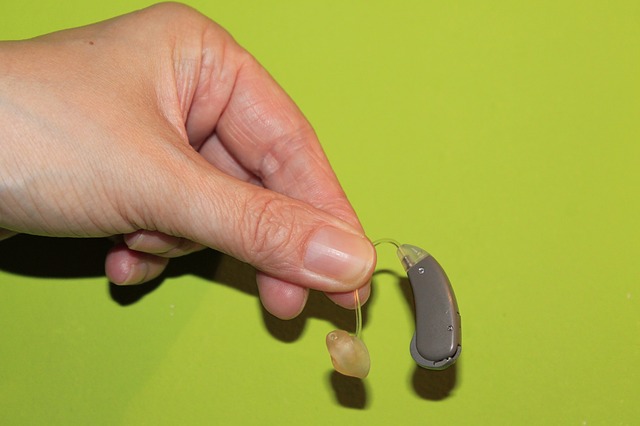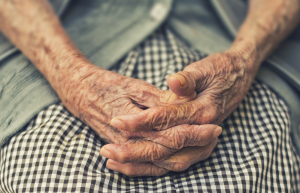27th April 2020

Genes are 50% responsible for the presentation of key symptoms of COVID-19 including fever, fatigue and loss of taste and smell, according to the latest data from TwinsUK researchers.
These results suggest that some people are more susceptible to COVID-19 infection than others because of their genetic makeup.
The genetic basis of this variation in response could provide researchers with important clues for developing treatments for COVID-19 and could help identify high-risk groups of people.
The team, led by Professor Frances Williams and Professor Tim Spector, analysed data logged on the COVID19 Symptom Tracker app which has been downloaded by more than 2 million people in the UK including 2,600 twins from TwinsUK.
15,000 twins take part in TwinsUK, which is the most clinically-detailed adult twin registry in the world. Identical and non-identical twins allow researchers to understand to what extent health and disease is affected by genes – nature – and the environment – nurture.
The team used information regarding the twins’ health, symptoms and level of contact with their co-twin to develop a model to understand how much genes influence symptom presentation in COVID-19.
Genes were almost 50% responsible for the development of symptoms of delirium, fever, fatigue, shortness of breath, diarrhoea and loss of taste and smell in individuals. The environment meanwhile was responsible for the development of other symptoms such as hoarse voice, cough, chest pain and abdominal pain.
Professor Frances Williams from TwinsUK said:
“I would like to say a big thank you to all our twins for logging their symptoms and health status regularly in the app. It’s because of their tremendous commitment to health research over the years that we are able to carry out this crucial research so quickly.”
Professor Tim Spector added:
“It’s essential that everybody keeps logging their health status in the app – even if you feel well. The data you provide enables us to carry out this urgent research to understand the behaviour and progression of the virus.”
The research paper with the full findings is available in non-peer reviewed archive format at the medRxiv site here.








